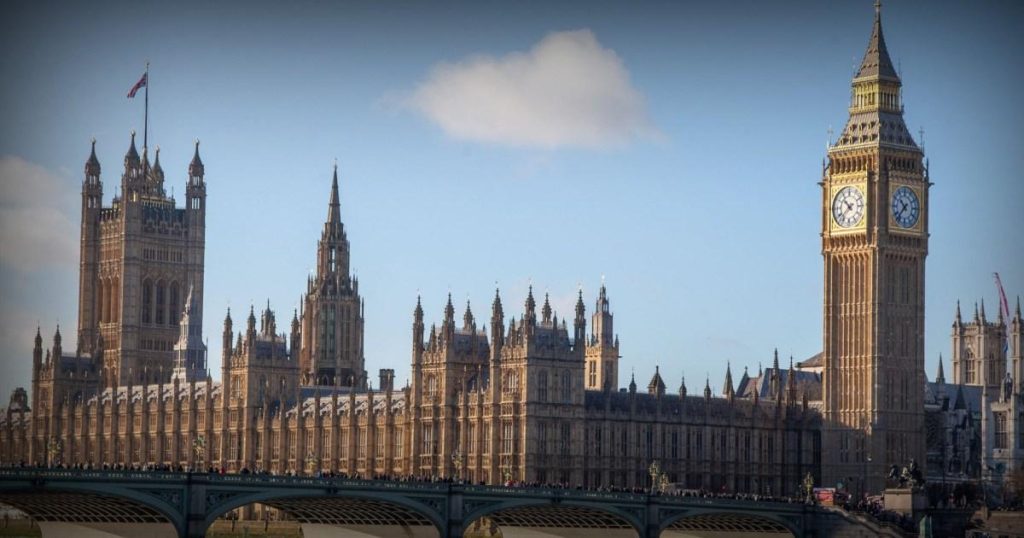This incident underscores the pervasive issue of drink spiking, a crime that transcends social boundaries and can occur in any setting, including seemingly secure environments like the UK Parliament. Drink spiking involves the surreptitious addition of alcohol or other substances, such as drugs, to a person’s beverage without their knowledge or consent. The consequences can range from disorientation and nausea to severe health complications, vulnerability to sexual assault, and even death. The violation of personal safety and the potential for long-term psychological trauma make drink spiking a serious offense with devastating impacts on victims.
The alleged incident at Stranger’s Bar highlights the vulnerability of individuals, even within the supposedly secure confines of the parliamentary estate. The fact that the victim is believed to be a parliamentary researcher raises concerns about the safety of staff working within this environment. It also underscores the need for robust security measures and preventative strategies to be implemented across all parliamentary venues. The incident serves as a stark reminder that no location is entirely immune to this type of criminal activity.
The response from authorities, including the Metropolitan Police and parliamentary officials, is crucial in addressing this incident and preventing future occurrences. The police investigation, which includes supporting the victim and gathering evidence, is essential for bringing the perpetrator to justice. Parallel to the police investigation, the parliamentary authorities must conduct a thorough internal review to identify any security lapses and implement measures to enhance safety within the parliamentary estate. This should include reviewing existing security protocols, increasing staff training on recognizing and responding to potential spiking incidents, and improving communication channels for reporting such incidents.
The reactions from trade unions, such as the FDA and Prospect, highlight the broader concerns regarding workplace safety within the Parliament. Their calls for a thorough risk assessment and immediate action to prevent future incidents emphasize the need for a proactive approach to ensure the safety and well-being of all parliamentary staff. These concerns are particularly pertinent given the history of allegations regarding inappropriate behavior within Parliament. This incident should serve as a catalyst for a comprehensive review of workplace culture and safety protocols to create a more secure and respectful environment for everyone working within the parliamentary estate.
Beyond the immediate investigation and internal review, this incident should prompt a broader discussion about drink spiking and its prevention. Public awareness campaigns are crucial for educating individuals about the risks and signs of drink spiking, as well as empowering them to take preventative measures. These campaigns should emphasize the importance of never leaving drinks unattended, accepting drinks only from trusted sources, and looking out for friends and colleagues. Furthermore, venues serving alcohol, including parliamentary bars, should implement preventative measures such as increased staff vigilance, readily available drink covers, and clear reporting procedures for suspected spiking incidents.
This incident at Stranger’s Bar serves as a wake-up call to address the ongoing issue of drink spiking and strengthen security measures in all public spaces, including those perceived as secure. The investigation’s outcome, the implementation of preventative measures, and the broader public discourse surrounding this incident will be critical in fostering a safer environment for everyone. The focus should be on supporting victims, holding perpetrators accountable, and implementing comprehensive strategies to prevent such incidents from occurring in the future. The Parliament, as a symbol of democracy and lawmaking, has a responsibility to ensure the safety and well-being of all individuals within its premises and to lead by example in addressing this critical issue.


